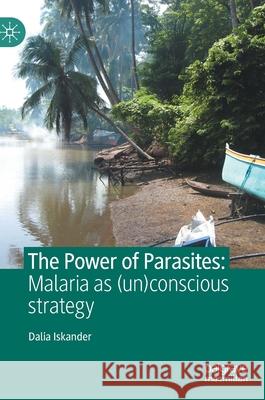The Power of Parasites: Malaria as (Un)Conscious Strategy » książka
topmenu
The Power of Parasites: Malaria as (Un)Conscious Strategy
ISBN-13: 9789811667633 / Angielski / Twarda / 2021 / 228 str.
The Power of Parasites: Malaria as (Un)Conscious Strategy
ISBN-13: 9789811667633 / Angielski / Twarda / 2021 / 228 str.
cena 201,24
(netto: 191,66 VAT: 5%)
Najniższa cena z 30 dni: 192,74
(netto: 191,66 VAT: 5%)
Najniższa cena z 30 dni: 192,74
Termin realizacji zamówienia:
ok. 22 dni roboczych.
ok. 22 dni roboczych.
Darmowa dostawa!
Kategorie:
Kategorie BISAC:
Wydawca:
Springer Verlag, Singapore
Język:
Angielski
ISBN-13:
9789811667633
Rok wydania:
2021
Ilość stron:
228
Waga:
0.45 kg
Wymiary:
21.01 x 14.81 x 1.75
Oprawa:
Twarda
Wolumenów:
01
Dodatkowe informacje:
Wydanie ilustrowane











